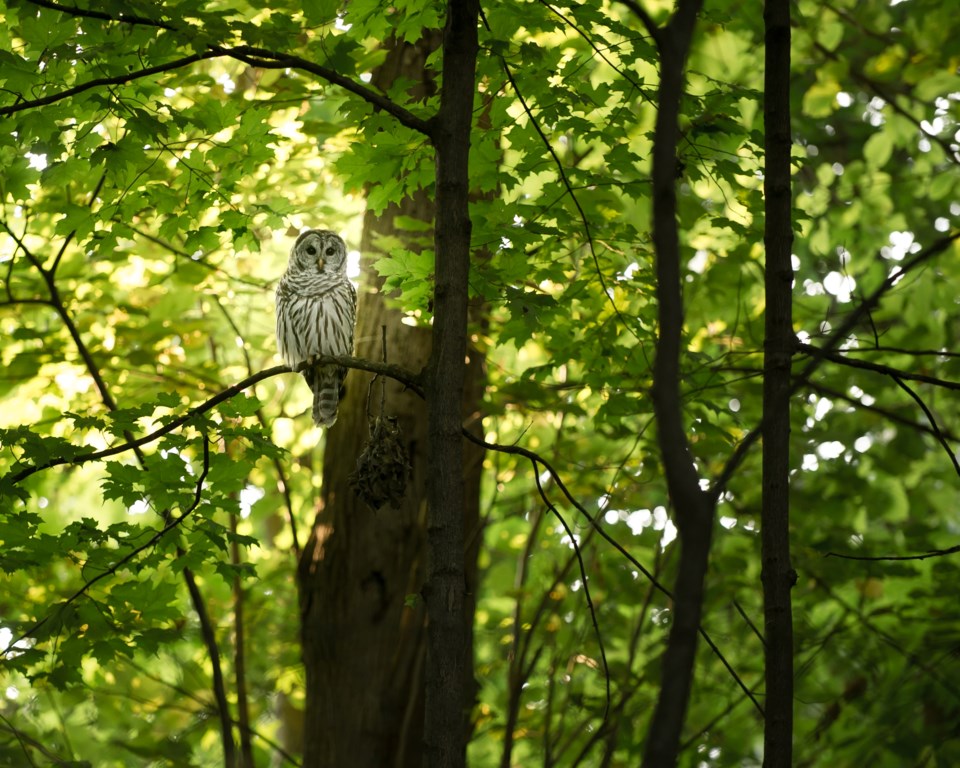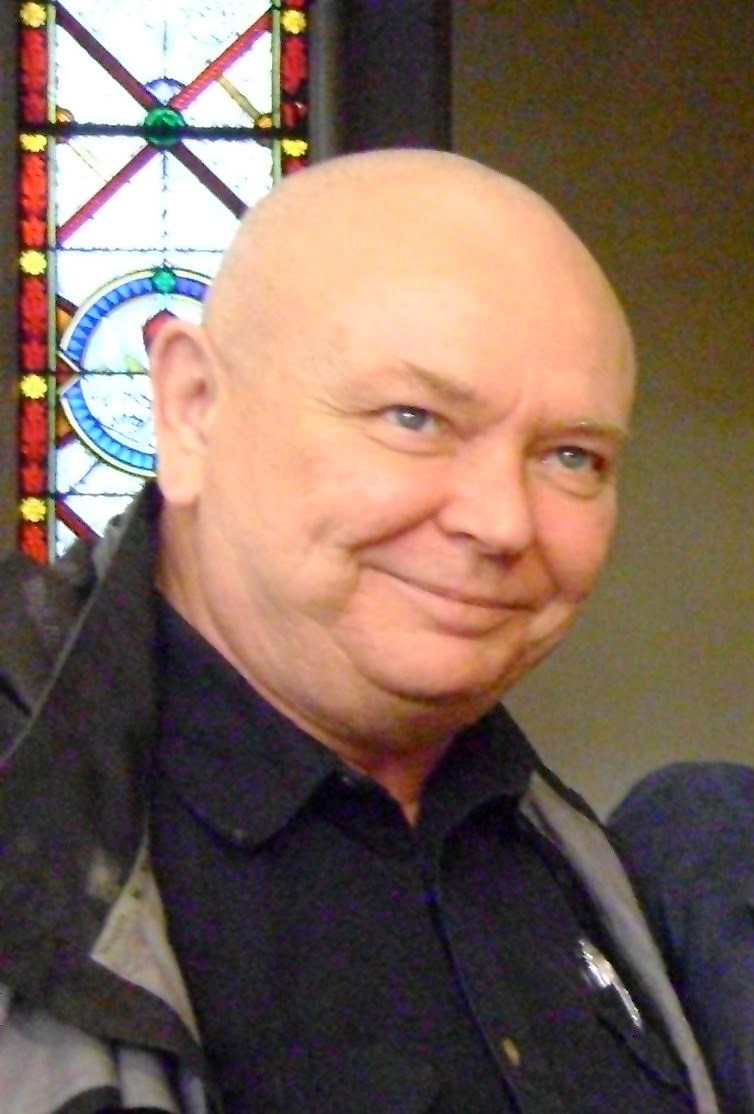 Here is my Buddhist-inspired initial, ironic thought; there is a uniquely human way to process time, being and change. Other beings do not anticipate or plan for change and do not consider changing themselves. Only a human would think that because everything changes all the time, that it means, “I too can change”. At the same time, in the face of impermanence we try to establish replicable norms and social institutions to resist the otherwise obliterative results of transience.
Here is my Buddhist-inspired initial, ironic thought; there is a uniquely human way to process time, being and change. Other beings do not anticipate or plan for change and do not consider changing themselves. Only a human would think that because everything changes all the time, that it means, “I too can change”. At the same time, in the face of impermanence we try to establish replicable norms and social institutions to resist the otherwise obliterative results of transience.
It is so very human to seek change, to make things better, to find better livelihood or lifestyle, assuming that conditions change and are changeable. Finally, though, our primal awareness of transience is dangerously distorted by our failure to actualize interdependent co-arising, an alternative view, a Buddhist view, of our being which does not rely on a Creator but even so is mysterious. Norman Fischer touches that mystery with “The whole world depends upon each of us to take this human journey”. Contrariwise, it is equally so very human to try to stand fast against change, finally a change at the level of life and death.
Our fidelity to the memes of independence exacts a steep cost in societal cohesion as the implications of interdependence become evident. Co-dependent arising implies that, as Jesus once warned, what happens to the least among us also happens to Him. It is not just the charismatic megafauna who matter; harm to any being becomes part of our own suffering. Seeing things this way changes behaviour, that we be able to keep within the substantial forgiveness envelope of our earth.
The simple truth is that we are interdependent not independent. Our lives are linked, not discrete. Zennist/poet Lynn Ungar wrote, “Know that we are connected in ways that are terrifying and beautiful. (You could hardly deny it now.)”.
Not just all humans but all life on earth is interconnected, a truth that modern ecological activists, for decades, have been trying to instill. It is just now beginning to dawn upon us as a society how harm to any part of our interconnected world harms us and future generations.
A middle way is ultimately what emerges from this shift in perception. Human activity is always harmful to the ecology...especially large scale endeavours such as industry and energy production. There is a need to understand how our life is deeply dependent upon the suffering of other forms of life and the exploitation of the natural world. When we come to understand this we might, as caring people, be able to do what needs to be done with full awareness and keep our collective harm causing below the threshold of extinction and ever declining. The current effort to “flatten the curve” with the covid-19 pandemic might serve as a template through which we learn how to flatten the curve with respect to a sustaining environment.
It would be a real awakening if our cultural viewpoint shifted to include inter-connectedness as a basic axiom. That requires meditation. Alternatively, if this understanding fails to achieve widespread acceptance then our species will flirt with extinction, just as many thousands of others have already done, many as a result of our heedless selfishness. The myths around human independence lead us to think we are so special that nothing short of an intergalactic catastrophic event could do this. But no; when we become irritating enough, Gaia will twitch and we will be no more.
 Wayne Codling is a former Zen monastic and a lineage holder in the Soto Zen tradition. He teaches Zen style meditation in various venues around Victoria. Wayne’s talks and some writings can be found on his blog
Wayne Codling is a former Zen monastic and a lineage holder in the Soto Zen tradition. He teaches Zen style meditation in various venues around Victoria. Wayne’s talks and some writings can be found on his blog
You can read more articles on our interfaith blog, Spiritually Speaking, HERE
This article was published in the print edition of the sa���ʴ�ý oN Saturday, March 28th 2020
Photo of owl in forest is by ���Dz���


